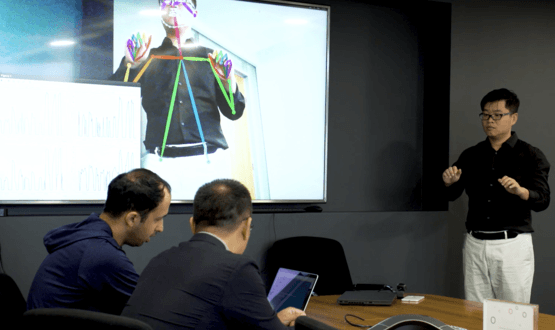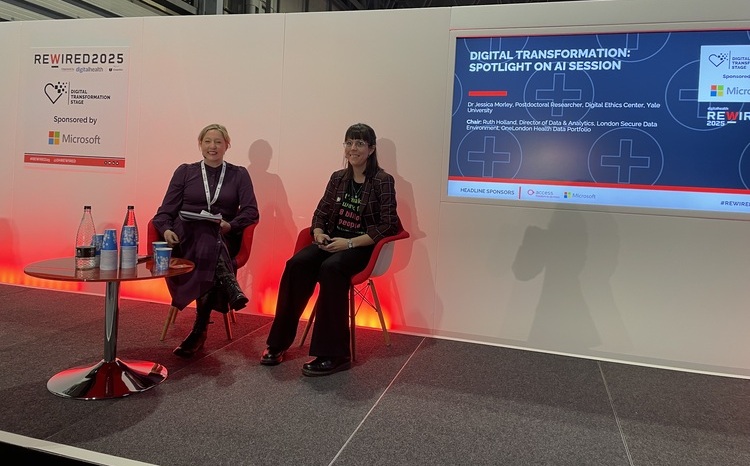Medopad taps Tencent’s AI smarts for speedier Parkinson’s assessment
- 10 October 2018

Medopad, the fledgling UK health tech start-up, has partnered with Chinese technology colossus Tencent to speed up assessment of Parkinson’s disease.
The companies – working in association with Parkinson’s Centre of Excellence at King’s College Hospital in London – are launching a research and development project which uses motion capture technology to track patient movements and AI to assess them.
Video analysis technology programmed with deep learning and image recognition is used to evaluate the severity of a patient’s condition.
It is hoped that AI will reduce the time needed for such assessments from the current 30 minutes to just three.
Medopad will embed the AI technology and capabilities for the video analysis of Parkinson’s disease – supplied by Tencent – within its mobile app, meaning doctors will be able to assess people in their own homes.
Ray Chaudhuri, professor of movement disorder and director of Parkinson’s clinic of excellence at King’s College London, said: “Tencent brought the latest technical support to Parkinson’s diagnosis, and Medopad provides an app-based approach to our consultation which is traditionally carried out in clinic. In many ways, the co-operation between the two will revolutionise the way that we care for people with Parkinson’s.”
Standardisation through AI
Currently, a doctor will ask a patient with Parkinson’s disease to perform a series of actions and score their motor functions according to distance, amplitude, and action frequency.
Medopad argues that, because this scoring method is based on the assessor’s subjective observations, it lacks standardised, measurable indicators. As a result, small variations can be missed and assessments prone to inconsistent results.
Dr Wei Fan, head of Tencent Medical AI Lab, said: “The goal of Tencent and Medopad’s collaboration is to help expand the remit of AI-powered movement assessment from sport and exercise to medicine and to reduce the cost of motor function assessment.”
Medopad’s partnership with Tencent represents yet another major development for the firm. Its AI tie-up with the Chinese tech giant comes just weeks after it acquired Silicon valley start-up Sherbit, its first acquisition since expanding into the US in July.
Dan Vahdat, CEO and founder of Medopad, said: “Our partnership with Tencent comes from a shared vision to change the future of healthcare as we know it. In combining Medopad’s medical expertise and Tencent’s technical capabilities, we hope to provide the technology needed to support clinicians to predict preventable complications for people with Parkinson’s disease.
“Working together we can achieve our vision to help more than 1 billion patients live longer and continue doing great work.”
Babylon Health announced a partnership with Tencent earlier this year.





